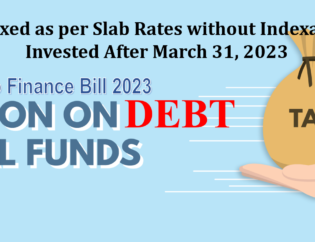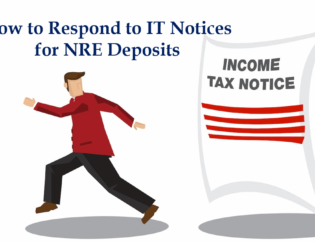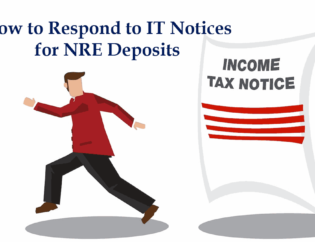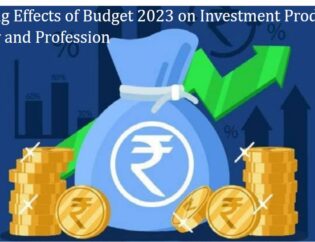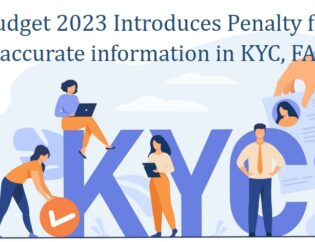RBI Monetary Policy Committee (MPC) meeting was held from August 3-5. On August 5, the decisions made by MPC was released by the Governor followed by the Q&A sessions.
Following are the important Takeaways from the same:
1. Repo Rate increased from 4.9% to 5.4%:
RBI MPC unanimously increased the repo rate (rate at which banks borrow from RBI) by 0.50% from 4.9% to 5.4%. The reverse repo rate (rate that bank get for parking extra funds with RBI) is kept the same at 3.35%. As a result, now, it is a good time to invest in debt mutual funds. Since last 2.5 years, FD was better than debt funds. From now, the debt mutual funds would be better than FD for 3+ years of investment horizon on after tax basis.
2. Withdrawal from Accommodation Stance and Change of Priority from Growth to Inflation:
The MPC also decided to remain focused on withdrawal of accommodation to ensure that inflation remains within the target going forward, while supporting growth. RBI has 2 mandates - manage inflation and stimulate Growth. Between these 2, Growth was a priority until now. However, August MPC changed the priority from growth to inflation. So, now, they would take steps to control inflation as a primary goal and growth would be considered as a secondary.
3. LAF corridor normalized:
Liquidity Adjustment Facility (LAF) corridor is normalized for managing liquidity and to be kept at 0.25% on either side of repo rate i.e. Standard Deposit Facility (SDF) rate would be bottom of corridor i.e. 5.15% and Marginal Standing Facility (MSF) rate would be top of corridor i.e. 5.65%.
4. Gradual Liquidity Withdrawal:
The excess liquidity in the system will be withdrawn gradually in a multiyear time frame. RBI would take more than 1 year but would decide whether to withdraw in 2 or 3 or more years.
5. Other:
a. RBI has proposed to introduce card less cash withdrawal from the ATMs to avoid ATM card related frauds.
b. Standalone Primary Dealers (SPDs) are proposed to offer all foreign exchange market-making facilities as currently permitted to Category-I Authorised Dealers.
c. Bharat Bill Payment System (BBPS) will be allowed to accept cross-border inward bill payments. This will enable Non-Resident Indians (NRIs) to undertake bill payments for utility, education and other such payments on behalf of their families in India.
d. Credit Information Companies (CICs) will be included under the RBI's Integrated Ombudsman Scheme allowing a cost-free alternative redress mechanism for grievances against CICs. Also, the CICs to have their own internal Ombudsman (IO) framework.




